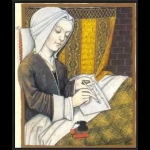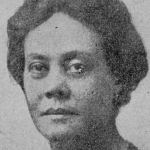Now is the time for mirth,
Nor cheek or tongue be dumb;
For with the flow'ry earth
The golden pomp is come.
The golden pomp is come;
For now each tree does wear,
Made of her pap and gum,
Rich beads of amber here.
Now reigns the rose, and now
Th' Arabian dew besmears
My uncontrolled brow
And my retorted hairs.
Homer, this health to thee,
In sack of such a kind
That it would make thee see
Though thou wert ne'er so blind.
Next, Virgil I'll call forth
To pledge this second health
In wine, whose each cup's worth
An indian commonwealth.
A goblet next I'll drink
To Ovid, and suppose,
Made he the pledge, he'd think
The world had all one nose.
Then this immensive cup
Of aromatic wine,
Catullus, I quaff up
To that terse muse of thine.
Wild I am now with heat;
O Bacchus! cool thy rays!
Or frantic, I shall eat
Thy thyrse, and bite the bays.
Round, round the roof does run;
And being ravish'd thus,
Come, I will drink a tun
To my Propertius.
Now, to Tibullus, next,
This flood I drink to thee;
But stay, I see a text
That this presents to me.
Behold, Tibullus lies
Here burnt, whose small return
Of ashes scarce suffice
To fill a little urn.
Trust to good verses then;
They only will aspire,
When pyramids, as men,
And when all bodies meet,
In Lethe to be drown'd,
Then only numbers sweet
With endless life are crown'd.


















Comment form: